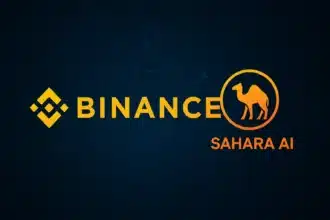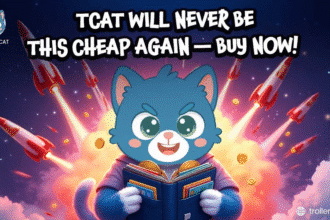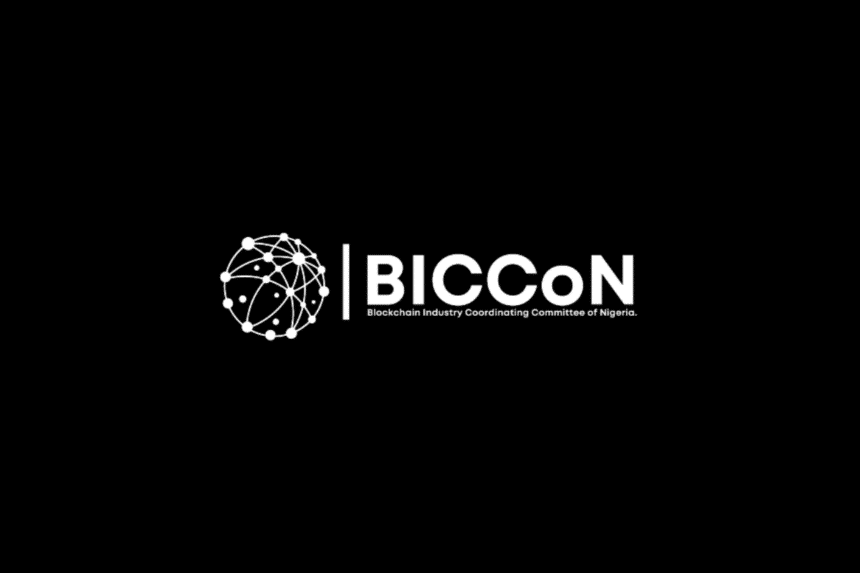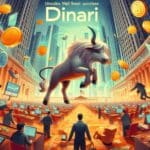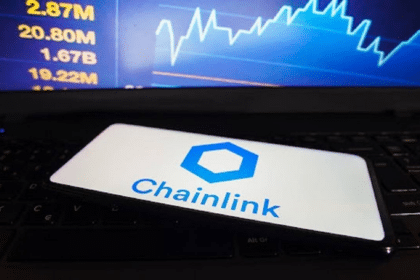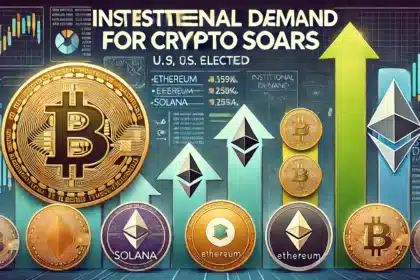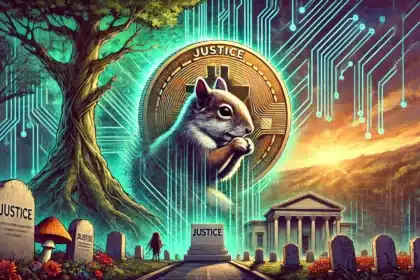According to news sources in the latest crypto updates, the Blockchain Industry Coordinating Committee of Nigeria (BICCoN) has made a daring move. Their ingenious proposal aims to address one of Africa’s most pressing cultural concerns: the preservation of indigenous languages. This novel strategy integrates state-of-the-art technology, blockchain, and AI to protect the African language legacy.
BICCoN’s action demonstrates the adaptability of blockchain technology and highlights its potential beyond Bitcoin (BTC) and Ethereum. This initiative defies blockchain technology’s conventional wisdom and expands its scope beyond currencies like Bitcoin and Ethereum. The BIT Journal reports that the Blockchain Industry Coordinating Committee of Nigeria conceived this initiative.
Blockchain Industry Coordinating Committee of Nigeria: Convergence of Blockchain & AI for Language Preservation
Lucky Uwakwe, chairman of BICCoN, has stressed the significance of adopting AI to prevent the loss of endangered African languages. This move is quite similar to the initiative by a Nigerian official to use AI to fight and track the illicit flow of funds. BICCoN proposes using AI to preserve language since technology can conserve culture. With its rich multilingualism, Africa must preserve its languages.
Hence, there’s a need to build a strong system for language documentation, evaluation, and revitalization. In response, the Blockchain Industry Coordinating Committee of Nigeria method uses the best of AI and blockchain technology. According to the crypto update, Uwakwe spoke about the critical importance of preserving languages in an interview. This is because fewer people speak them for various socioeconomic reasons.
“For instance, in Nigeria, Google only offers translation for 3-4 languages (Igbo, Yoruba, Hausa, and Pidgin) out of over 100 languages. The rest are almost dying because software developers lack training models to support them in building new applications,” he said. By combining blockchain technology with AI, communities can be motivated to speak and record their original languages. They can even earn tokens for their efforts.
Officials claim that various techniques may be at work when these technologies converge. The first step is to gather and store data. A distributed ledger system like blockchain can provide a safe place to keep language records. Important data regarding African languages will be permanently archived in this way. Anyone interested in languages or conducting a study can access them.
Members of the tech and language sectors have allegedly taken notice of the initiative of the Blockchain Industry Coordinating Committee of Nigeria. The crypto update emphasized how this action shows that blockchain technology has many uses outside of finance. Efforts to use technology for social good are not limited to this project; they are widespread in Nigeria and Africa. At the vanguard of blockchain adoption has been Nigeria, one of the top tech hubs on the continent. Many Nigerians seek cryptocurrencies like BTC and ETH to protect against economic uncertainty. They also consider it a way to join the global digital economy. This has led to a dramatic increase in their usage in the country.
Conclusion: The Future of African Languages in the Digital Age
This step by the Blockchain Industry Coordinating Committee of Nigeria is a bold one. The BIT Journal reveals, through available data, that it is an important step forward in blockchain and AI’s use to preserve African languages. It shows how Bitcoin and Ethereum’s underlying concepts can be changed to solve important social problems. Future projections show this initiative’s influence might go beyond linguistic preservation. It has the potential to pave the way for similar applications of blockchain and AI to other social and cultural problems in Africa and beyond. A similar educational, cultural, and community development project may be possible if this one is successful.
The Blockchain Industry Coordinating Committee of Nigeria can transform blockchain in Africa. Digital currencies like Bitcoin (BTC) and Ethereum (ETH) continue to garner interest. This project shows how blockchain technology may stimulate social innovation and preserve historical artefacts.
The Nigerian Blockchain Industry Coordinating Committee’s strategy for language preservation is profound. The merging of culture and technology may have far-reaching consequences. It demonstrates how blockchain and AI can solve some of the world’s most serious problems. So, it’s not just about money. The move by the Blockchain Industry Coordinating Committee of Nigeria is about retaining cultural identity in its most basic form.

